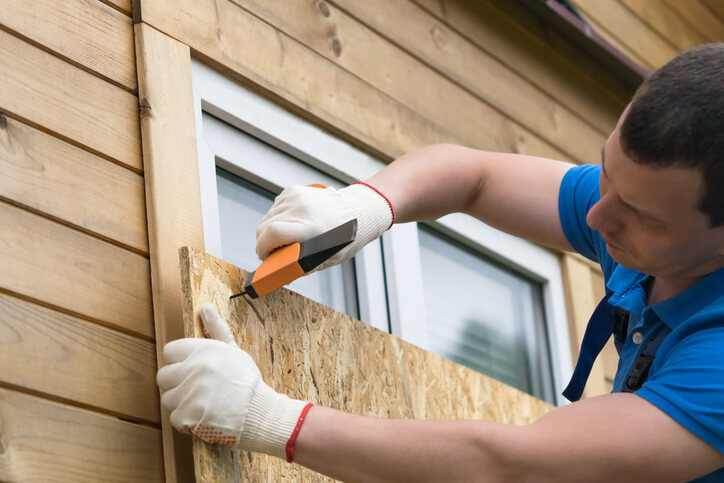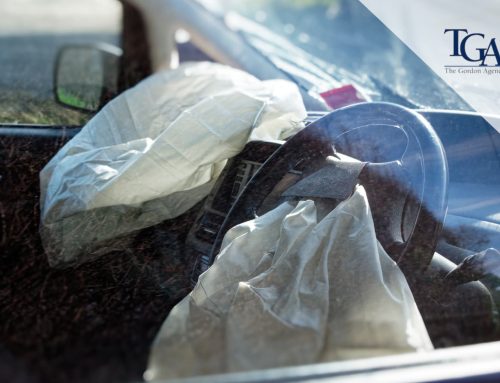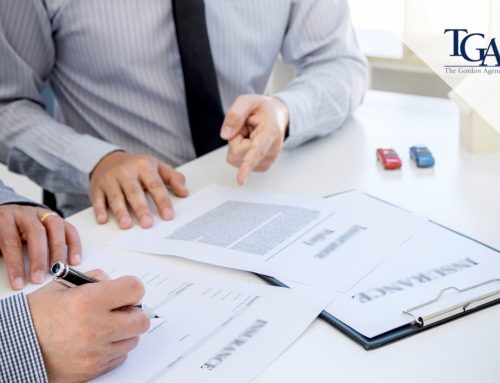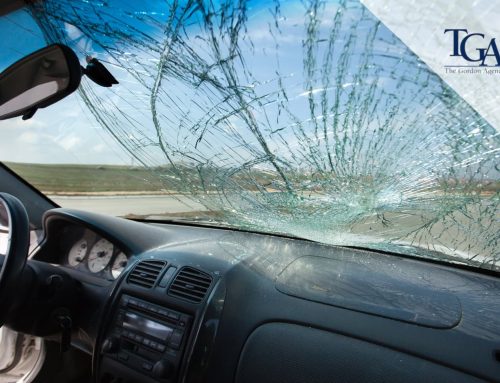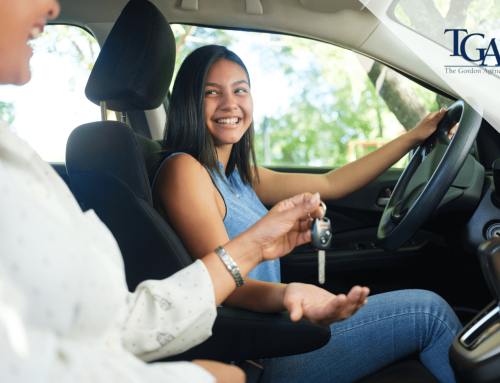Hurricane season spans from June 1 through November 30, and South Florida homeowners often scramble to prepare each year. Don’t make the mistake of waiting for news of an incoming storm before you begin taking the necessary measures to secure your home.
Here are seven essential steps to ensure that your home is prepared to withstand a hurricane:
1. Install High-Impact Windows or Hurricane Shutters
One of the best things you can do for your home is install high-impact windows, which can typically withstand winds of up to 110 miles per hour. Installing high-impact windows can help reduce your Florida homeowners insurance rates.
If you can’t replace your windows, you might want to consider installing hurricane shutters. Installing hurricane shutters can also reduce your homeowners insurance rates.
Many South Florida homeowners have installed tracks around their windows in order to easily insert corrugated aluminum panels. Recent trendsetters have also begun using clear PVC panels, which allow light through the windows, and thus enable residents to hunker down comfortably.
Plywood, aluminum, or PVC panels can protect your home and valuable items, but as temporary solutions, they won’t lower the rate on your homeowners insurance.
2. Reinforce Your Roof with Hurricane Straps
If you can’t replace your roof with an impact-resistant material, hurricane straps or clips are the next best thing. These metal straps anchor your roof to your exterior walls, holding the roof onto the house in the event of high winds. As a permanent home fixture to mitigate wind damage, hurricane straps can reduce your homeowners insurance rates.
3. Install a Heavy-Duty Garage Door and Reinforce Points of Entry
Your garage door is more than likely the largest entry point in your entire house. Installing a heavy-duty garage door provides great reinforcement, as some can withstand up to 200 mph winds. It can also reduce your Florida homeowners insurance rates. However, a heavy-duty garage door can be quite expensive.
You can also reinforce your standard garage door with galvanized steel or aluminum panels, or you can install vertical storm braces if your door is not wind-loaded.
Additionally, fiberglass has consistently tested as the strongest material when it comes to withstanding wind impact. Consider replacing entry doors with ones made of fiberglass, as it can be a relatively inexpensive solution, depending on the brand of the product.
4. Secure Loose Items and Close All the Doors in Your Home
Place bicycles, toys, grills, and any other loose items inside your garage or just inside your back door. Be mindful not to block any emergency exits. If you have a pool, you can throw lawn chairs and other patio furniture in the pool to keep it from blowing away and causing damage.
A hurricane is a low-pressure system with high winds, including updrafts, downdrafts, and occasional tornadoes. Closing all the doors in your home can reduce stress on your roof during the storm. It equalizes the pressure inside, so your roof can better withstand the changing external pressures and wind direction.
Finally, if you live in a flood zone, get sandbags to place in front of any doorways and at the base of your garage. Sandbags can help slow flooding into your home if water levels rise.
5. Keep Essential Supplies Handy
The most essential supply of all is unquestionably water. Make sure you have enough stored drinking water to last each family member at least a few days. Additionally, it’s important to prepare non-perishable food and keep it stored in water-tight containers.
Consider having your important paperwork handy. Keep items like your social security cards, birth certificates, and paper copies of your homeowners insurance policies and flood insurance information in a water-resistant file box.
During a hurricane, loss of electricity is a common occurrence, so it’s also crucial to have a battery-operated illumination source readily available.
6. Invest in a Generator
Whether you install a whole-house generator or a small gas-powered generator to run a couple of appliances, having power after a storm can mitigate many inconveniences and challenges. Small gas or solar-powered generators can be relatively inexpensive, and it is undoubtedly one of the best investments you can make to alleviate future headaches in case of a storm.
7. Review Your Homeowner Insurance and Flood Insurance Policies
Before hurricane season begins, meet with your insurance agent and ensure that you have the best homeowners insurance options. Ask about liability coverage and flood insurance. Florida homeowners insurance often includes liability coverage, but flood insurance is usually offered under separate policies and it comes at an additional cost.
Call Us at The Gordon Agency for the Best Homeowners Insurance Options in South Florida
At The Gordon Agency, our independent brokerage offers multiple lines of insurance, including flood insurance and homeowners insurance, from a variety of carriers. Located in Boca Raton, FL, we proudly serve the entire state of Florida. Call us today at 561-988-3330, or fill out our online contact form.
Copyright© 2022. The Gordon Agency Inc. All rights reserved.
The Gordon Agency Inc.
1825 NW Corporate Blvd Ste 110,
Boca Raton, FL 33431
(561) 988-3330
https://tgafl.com
